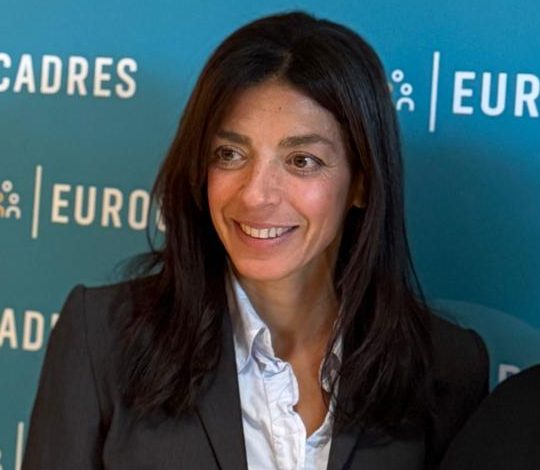You’ve just been re-elected as President of Eurocadres, by a unanimous vote at the Congress held in Paris on 15 and 16 October. What goals have you set for your new term of office?
We’ll be pushing for the adoption of several directives, in particular those on telework, the right to disconnect (which concerns all employees), protection against psychosocial risks and algorithmic management. At the same time, we’re also having to battle to safeguard the progress achieved during Ursula von der Leyen’s first term. The temptation for the employers is to secure an “Omnibus” directive concerning the existing social legislation. Deregulation of the due diligence and corporate sustainability reporting directives is already under way. We must also resist the efforts of employers who want to abolish some of the provisions of the pay transparency directive.
In a context in which employers can see that everyone is listening to them, it’s more necessary than ever to mobilise in order to protect our established rights. And even though this context isn’t helping, we also aim to take forward other issues, such as the climate question, digital-related occupational safety, occupational health, algorithmic management, transformations, mobility, etc. We’ll also focus on evaluating and improving the whistle-blowers directive, which we initiated.
Lastly, as demonstrated at one of the round-table sessions held at the Congress, we’re going to carry on establishing links with other civil society organisations, so that we can act together in a coordinated way and boost our ability to exert influence. That’s why we’ve invited Chloé Mikolajczak, a Climate and Social Justice militant who is very active on social media, and Nathan Stewart, coordinator of the NGO Fossil Free Politics, which coordinates NGOs in Belgium, to attend the round-table session entitled “Looking beyond the bubble”. He works extensively with trade unions and won’t hesitate to join strikers on picket lines when workers’ interests are aligned with the missions of these NGOs. We want to broaden this type of coordination with actors such as these, so that we can be as influential as possible.

